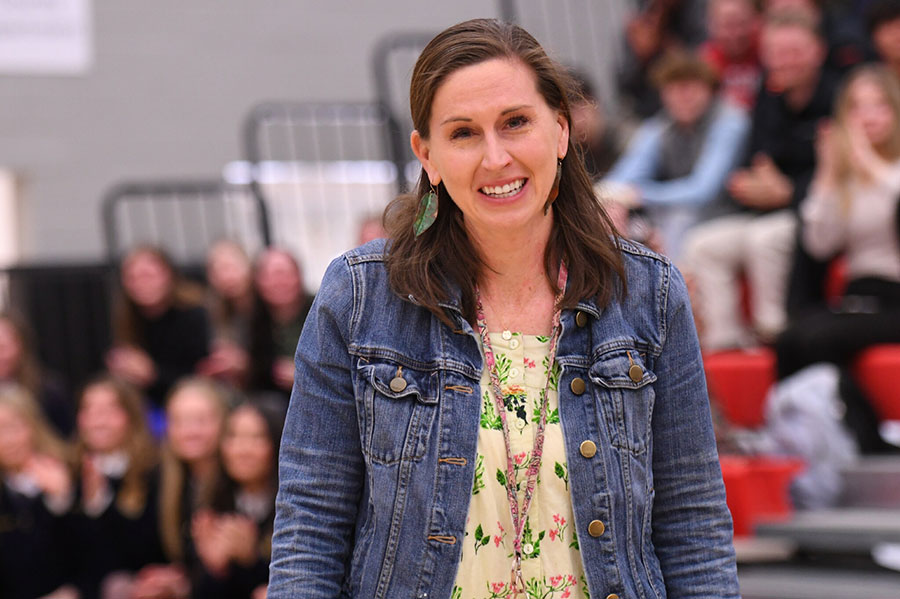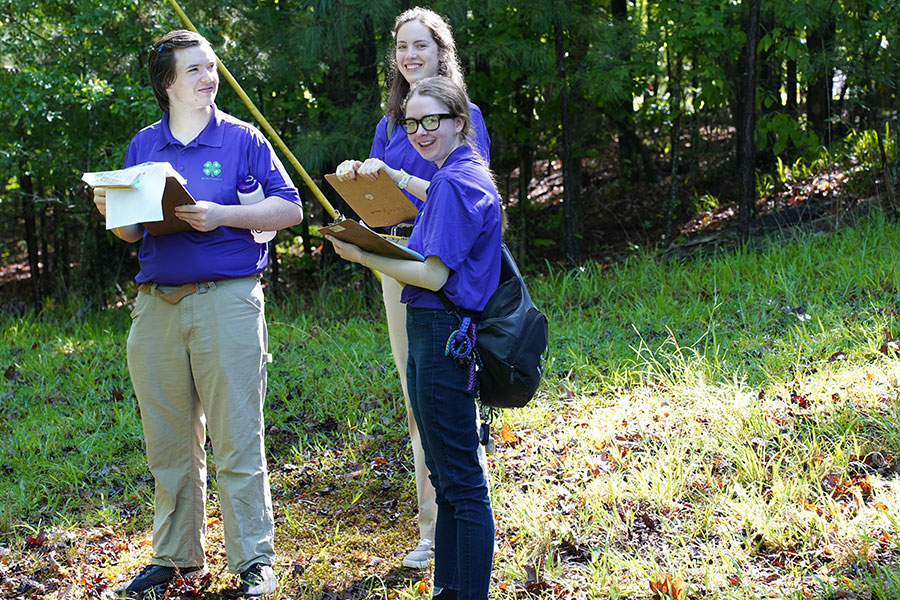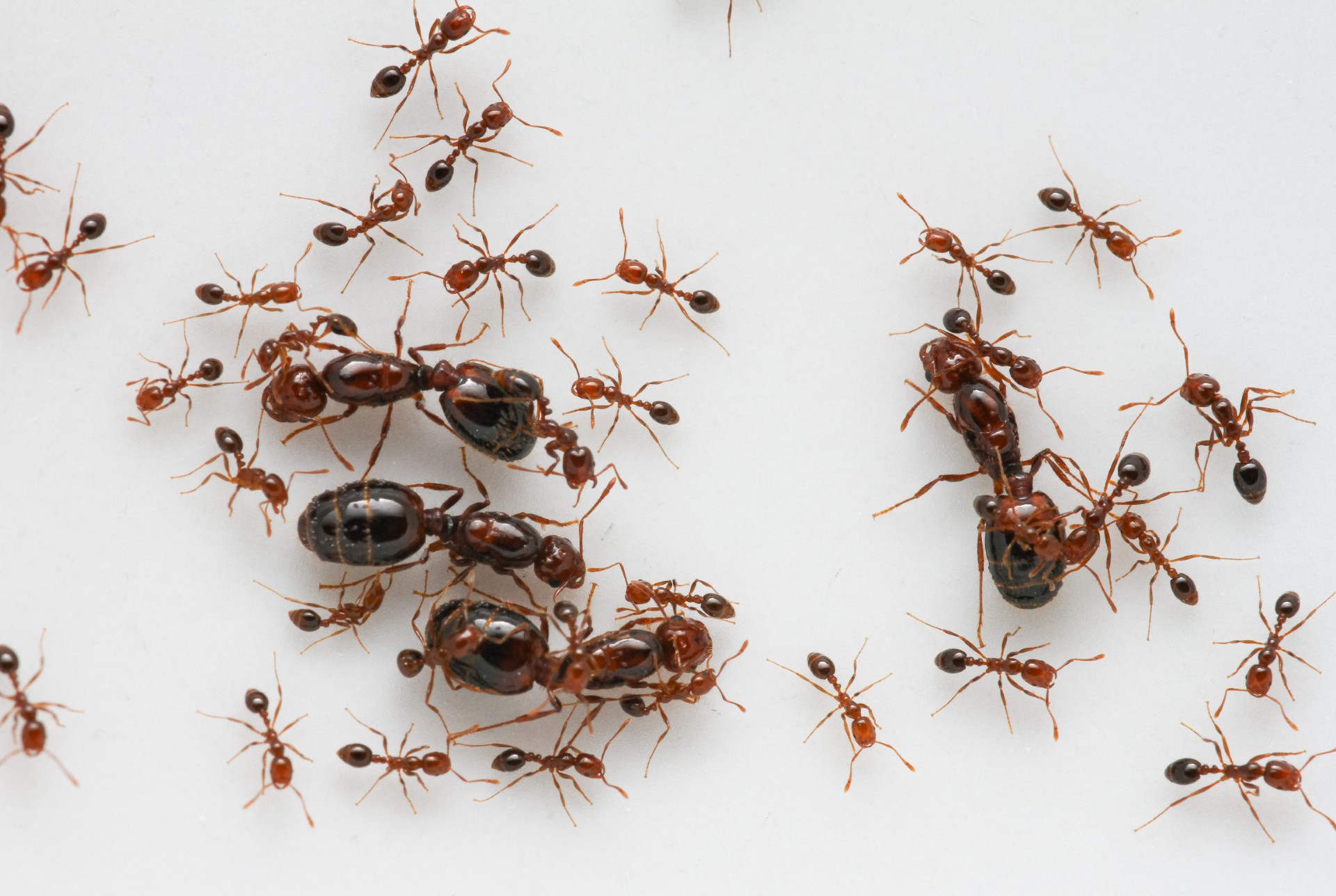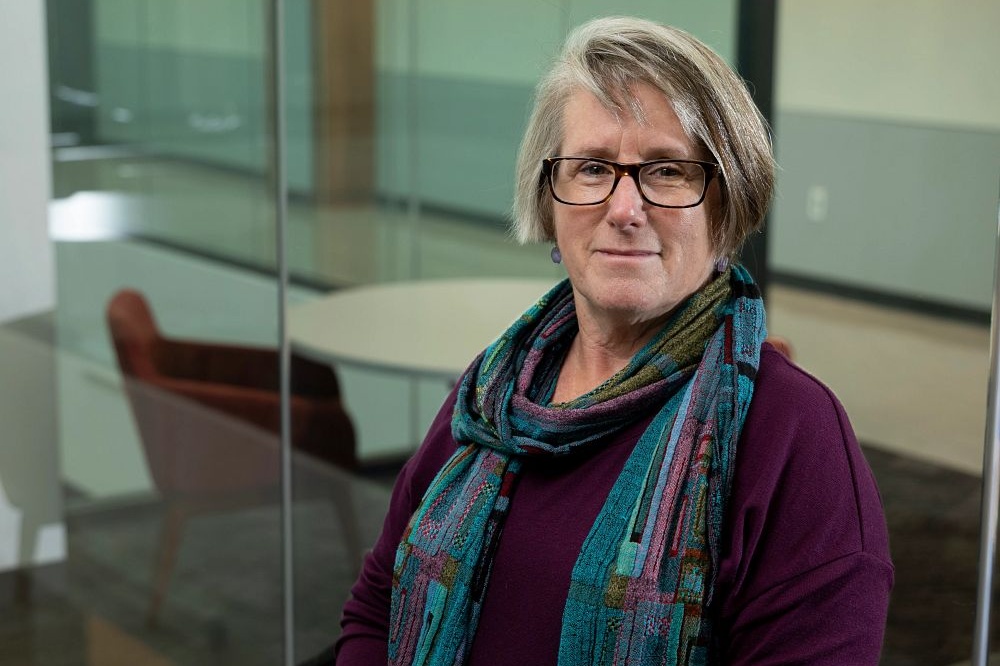By Connie Crawley
University of
Georgia
While breast cancer occurs more often in white women, black women are more likely to die from it. Early detection can reduce death rates for all women. If breast cancer is found and treated before it can spread, the survival rate after five years is 98 percent. If a change in breast tissue that may lead to breast cancer is treated before it becomes cancer, survival is almost 100 percent.
For early detection, the American Cancer Society recommends:
• Yearly mammograms starting at age 40 and continuing for as long as a woman is in good health.
• Clinical breast exams every three years for women in their 20s and 30s and annually for women 40 and over.
• Women know how their breasts normally feel and report any changes promptly to their health care providers. Breast self-exam is an option for women starting in their 20s.
• An MRI and a mammogram every year for women who may be at high or at moderately high risk. A doctor should decide the risk.
In the past two years, 24 percent of Georgia women 40 and older did not get breast cancer screenings. As women get older their risk for breast cancer increases, but often since they no longer are having children, they quit getting screened.
In the past year, only 11 percent of women over 40 who have less than a high school education report getting a mammogram. This is alarming.
October is breast cancer awareness month. In Georgia, October 20-24 will be celebrated across the state as Breast Cancer Awareness Week. But look for activities in your community addressing breast cancer awareness throughout the month. The program is sponsored by the Department of Human Resources BreasTest and More Program, the ACS and their partners including University of Georgia Cooperative Extension.
For low-income, uninsured women, the BreasTest and More Program is available through local health departments. The program can provide low cost or free mammograms and clinical breast exams to women over 40. Women with health insurance should note that annual mammograms and clinical breast exams must be covered by any health insurance.
You can also reduce your cancer risk by making some healthy changes. ACS recommends:
• Weight loss if you are overweight. Excess weight raises blood levels of estrogen and insulin, two hormones that can increase growth of cancer cells. Ideal body mass index should be less than 25, but any weight loss is good. To calculate BMI, go to http://www.nhlbisupport.com/bmi/.
• Thirty minutes of intentional daily activity above your normal activities each day. Even better is 45-60 minutes per day. This intentional activity should make you breathe as hard as you would during a brisk walk. Possible activities besides walking include biking, dancing, heavy yard work and swimming laps.
• Eating at least five servings of fruits and vegetables a day. More is even better.
• Switching to whole grains like whole wheat bread, brown rice, whole grain pasta, oatmeal and even popcorn. Eat less white bread, refined cereals, white pasta and white rice.
• Limiting intake of processed meats like lunch meat, hot dogs, bologna, bacon and sausage.
• Eating red meat like beef, pork and lamb less often. Instead eat skinless poultry, fish, seafood, nuts and cooked dried beans and peas.
(Connie Crawley is a food, nutrition and health specialist with University of Georgia Cooperative Extension Service.)






